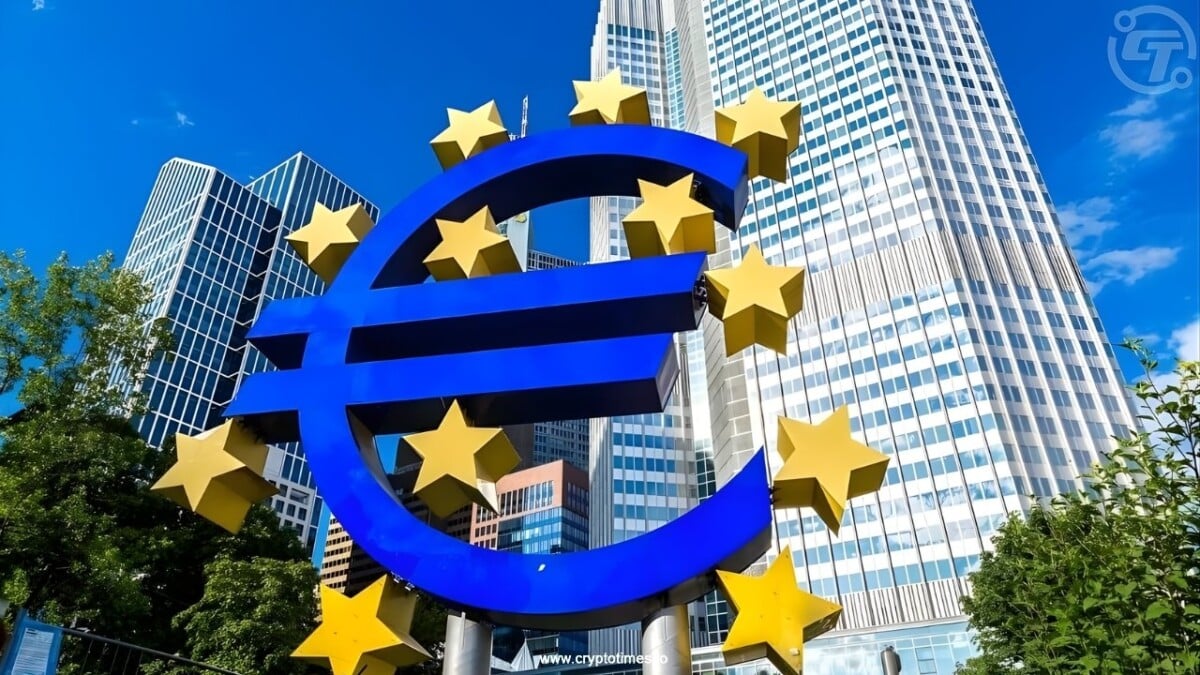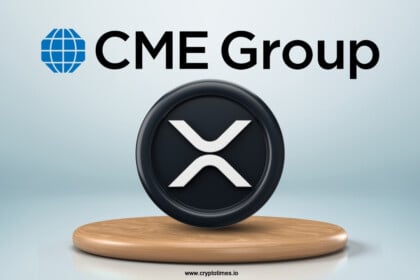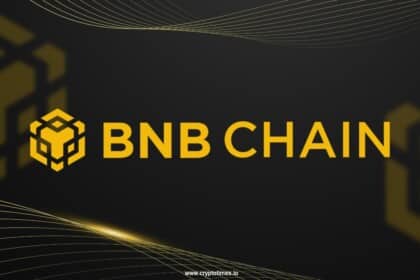The European Central Bank (ECB) said its plan to continue its work on the digital euro after the current preparation phase ends this month, with a possible launch in 2029.
Officials will meet this week in Florence, Italy, to decide on extending the preparatory phase. However, this depends on whether the European Union can agree on a legal framework for the currency.
Europe’s Digital Push Faces Political Hurdles
The ECB started working on the project’s preparation phase in 2023, with hopes that by now, the European Parliament and national governments would have passed laws to make the digital euro official. However, progress has stalled due to disagreements among lawmakers.
The main opposition comes from the European People’s Party, whose members prefer that private companies, not the central bank, create digital payment options. This delay has caused concern among officials who say Europe relies too much on American companies such as Visa, Mastercard, and PayPal for payments. They believe a European digital currency could give the region more control over its own financial system.
Fears Over U.S. Stablecoins Spark Urgency
There’s also the fear that dollar-backed stablecoins might gain traction in Europe. This added new urgency to the debate. ECB President Christine Lagarde has called for faster progress.
According to ECB Executive Board member Piero Cipollone, “the middle of 2029 could be a fair assessment” for when the digital euro might launch.
The digital euro project has evolved in stages, starting with a two-year investigation phase before moving into the current preparation stage. In addition to retail-focused work, the ECB has ramped up efforts on a wholesale version of central bank digital currency.
In July, it approved a plan allowing distributed-ledger-technology (DLT) transactions to be settled using central bank money, which is a step in integrating blockchain systems into Europe’s financial infrastructure.
Also Read: Circle and ClearBank Join Forces to Boost EU Stablecoin Liquidity











